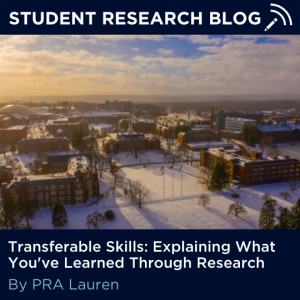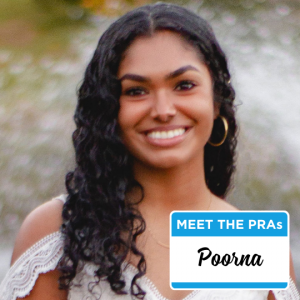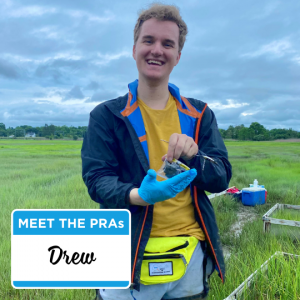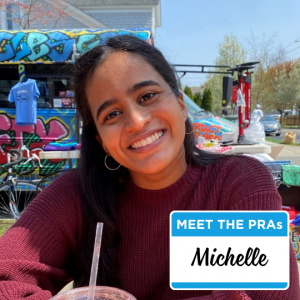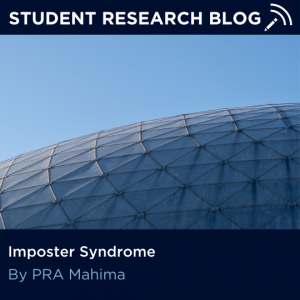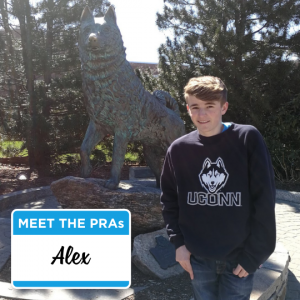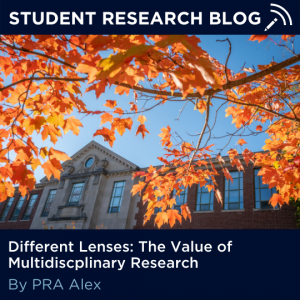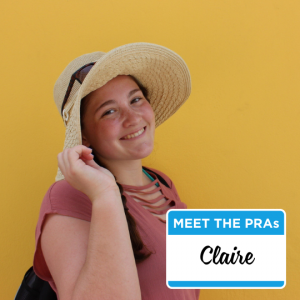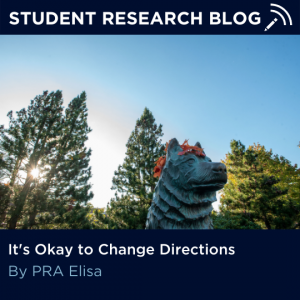By Drew Tienken, Peer Research Ambassador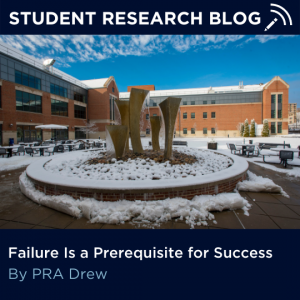
This past month, I submitted an abstract to present my research at my first international conference. After three years of pursuing independent research endeavors and developing transferable skills, I anticipated few obstacles to my pursuit of submitting a successful abstract. I could not have been more wrong.
After spending an exorbitant amount of time tweaking seemingly unimportant words, I sent my abstract over to my research advisor for some peer-editing. Despite only being seven sentences long, the paragraph had nearly 50 suggestions of things to change. I was shocked, and extremely upset with myself. How could I have received this criticism? Did I do a bad job? How could I spend so much time writing a piece that I thought was high-quality work, but receive such a large amount of feedback? Continue reading
